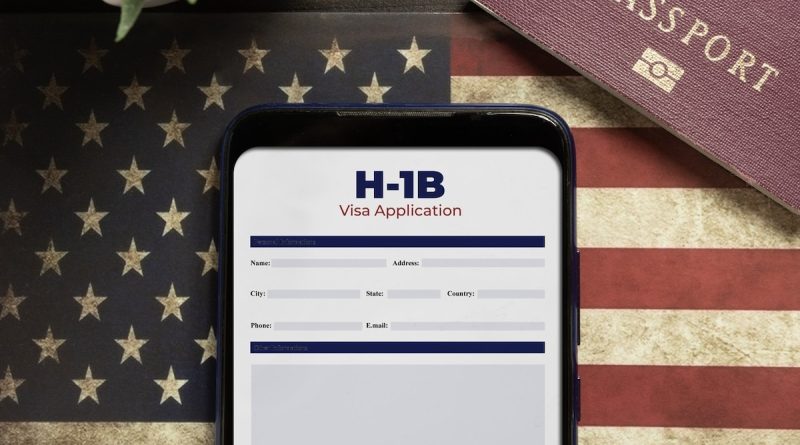The Impact of US Preference for Hiring Americans over Migrant Workers on Indian Workers
The Trump administration’s crackdown on illegal hiring practices in the H-1B visa program has sparked concern within the immigrant community. The Equal Employment Opportunity Commission (EEOC) is investigating allegations of discrimination against American workers in favor of foreign workers, leading to a heated debate over the future of the program.
EEOC’s Warning Against National Origin Discrimination
In a bold statement on February 19, 2025, the EEOC warned businesses against showing bias towards foreign workers over American candidates. Acting chair Andrea Lucas emphasized the prevalence of national origin discrimination in hiring practices across various industries. The EEOC aims to uphold federal employment laws by ensuring fair opportunities for American workers in the job market.
Lucas stated, “Unlawful bias against American workers is a significant problem in multiple industries nationwide. Employers must stop favoring illegal aliens, migrant workers, and visa holders over American workers, as this violates federal employment law. The EEOC is committed to protecting all workers, including American workers, from discrimination based on national origin.”
Challenges in the H-1B Visa Program
The H-1B visa program allows U.S. companies to hire foreign professionals in specialized fields such as technology, engineering, and medical sciences. Critics argue that the program displaces American workers, with some employers allegedly exploiting foreign workers for lower labor costs and perceived work ethic. The lawsuit against Meta Platforms highlights the issue of preferential treatment towards visa holders over American candidates to cut costs.
Government Actions and Potential Impact
Both the Trump and Biden administrations have implemented measures to tighten regulations around the H-1B system, including increased scrutiny of employers and adjustments to wage requirements. However, experts warn that these changes could have significant repercussions for Indian professionals, who receive a majority of H-1B visas. Tightening the program may drive skilled talent to other countries, potentially undermining the U.S.’s innovation and economic growth.
Balancing Economic Needs and Worker Rights
Jidesh Kumar, managing partner at King Stubb & Kasiva, underscores the importance of H-1B visas in addressing skilled labor shortages in key industries. He cautions that limiting the program could lead to talent migration to other countries, impacting the U.S.’s competitiveness in the global economy. Tech companies and startups rely on H-1B professionals for research, development, and job creation, highlighting the program’s significance for economic growth.
The American Immigration Council refutes claims that the H-1B program harms American workers, citing data showing that H-1B workers earn well above national averages. As the debate continues, finding a balance between economic needs and worker rights remains a critical challenge for policymakers and stakeholders in the H-1B visa program.

